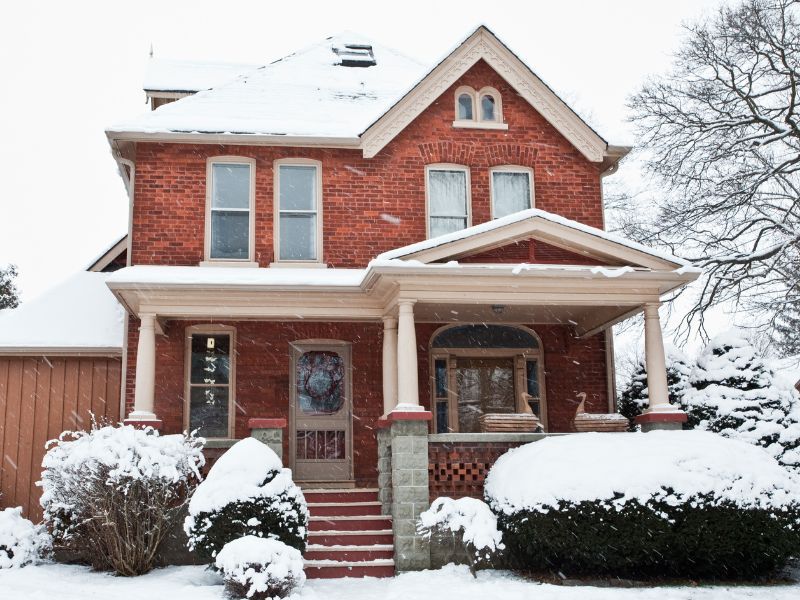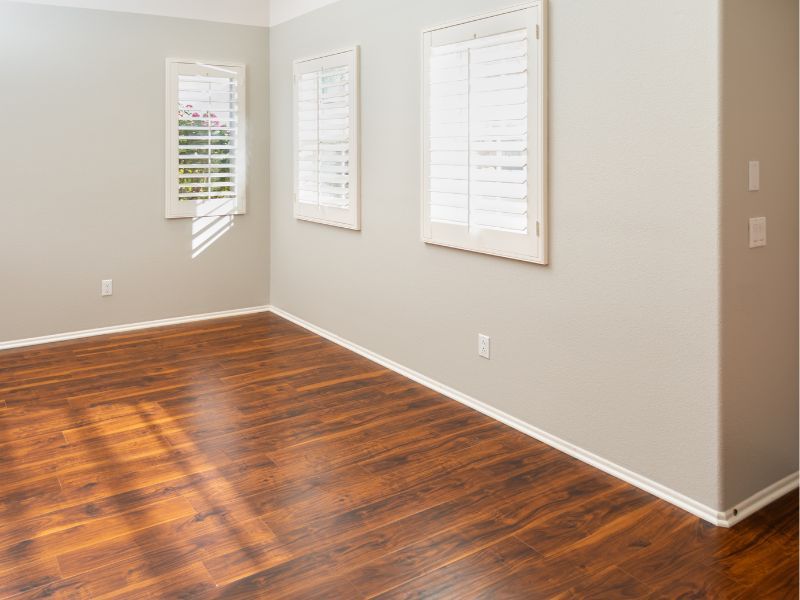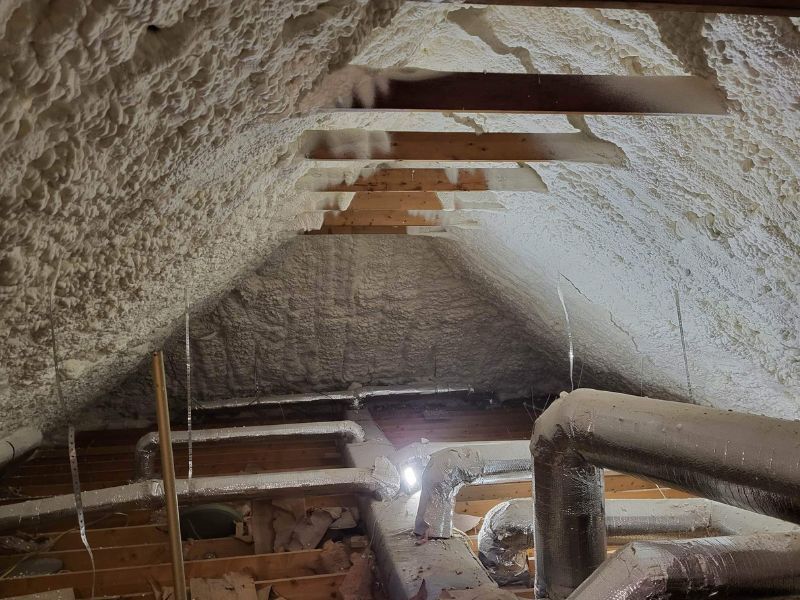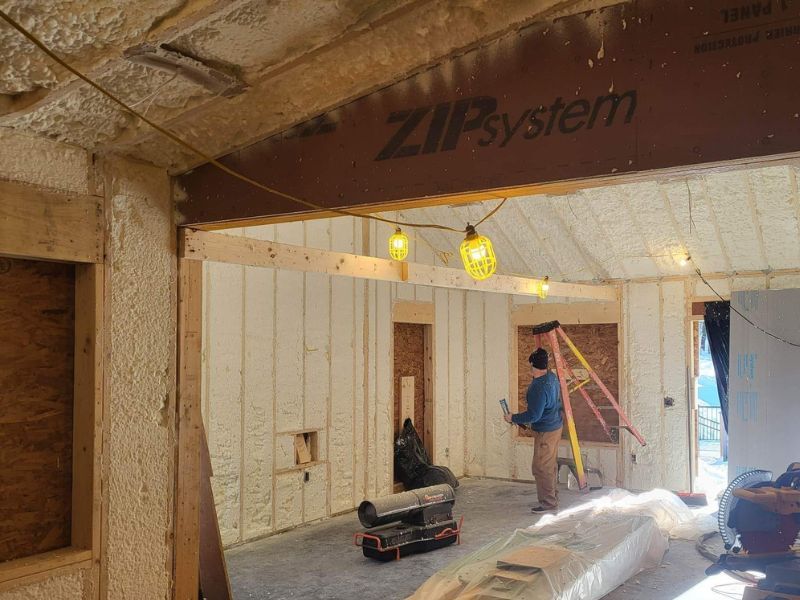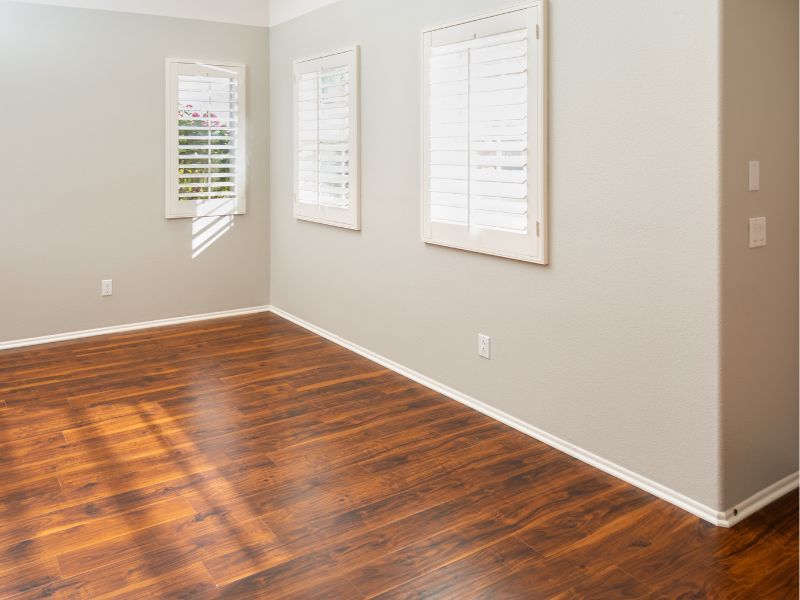
Wall Thickness and Why It Matters for Insulation
When it comes to insulation, not all walls are created equal. Wall thickness plays a pivotal role in how effectively a structure can keep out the cold or trap in the warmth. But what exactly does wall thickness entail, and why does it matter? Stick around as we delve into the world of insulation, breaking down the importance of wall thickness and providing some nifty insights for your next project!
Exploring Wall Thickness: Why It Matters
The foundation of good insulation starts with understanding the different components of a wall. Here are a few terms you may encounter and why they’re important when you’re getting ready to add insulation to your home:
- Wall Studs: These are the vertical frames within walls, and their thickness can influence how much insulation material you can pack in.
- Drywall: This is the board used to cover walls. Its thickness, along with the insulating materials behind it, determines the wall’s overall insulation capability.
- Insulation Material: These are materials (like fiberglass, foam, or cellulose) inserted between wall studs to resist heat flow.
- Wall Cavity: The space between two wall studs where insulation material is placed.
- Outer Cladding: Materials like brick or siding that cover the external part of walls, adding another layer of insulation.
Arming yourself with knowledge about these components is the first step in ensuring you get the most bang for your buck in terms of insulation performance!
Why Wall Thickness Matters in Insulation
When it comes to insulating our homes, many of us immediately think of the type of insulation or the method of installation. Here are a few factors we may use to consider which type of insulation is best for your home:
- Volume of Insulation Material: Thicker walls can accommodate more insulation material, thus offering better resistance to heat flow.
- Type of Insulation Material: Not all insulation materials are the same. Their effectiveness can vary based on their composition and density. Ask the insulation experts at Premier Insulation about the best type of insulation material for your home!
- Structural Design: Walls designed with fewer thermal bridges (areas that allow heat to pass through easily) result in better insulation.
- External Factors: Environmental conditions, like wind speed and external temperatures, can influence how effective a wall’s insulation is.
- Age of the Structure: Older structures might have settled or shifted over time, which could affect wall thickness and insulation efficiency.
With the many important benefits of insulation, partnering with a trusted insulation provider like Premier Insulation ensures that your walls are optimized for both the highs and the lows of Massachusetts weather.
Tips for Maximizing Wall Insulation
Optimizing your wall insulation doesn’t require magic – just a touch of planning and wisdom! Here are some strategies to ensure you’re on top of your insulation game:
- Regular Checks: Periodically inspect your walls for gaps or deteriorating insulation. Insulation maintenance can help you detect issues early and prevent bigger issues down the line.
- Material Matters: Invest in high-quality insulation materials. While they might be pricier upfront, they can offer better long-term value in terms of energy savings.
- Expert Installation: Professional wall insulation installation services can make a world of difference. Ensure you’re working with professionals who know their stuff.
- Consider the Climate: Tailor your insulation strategy based on your location’s climate. What works for a snowy region might not be suitable for a tropical one.
- Upgrade When Needed: As technology advances, so do insulation materials and techniques. Stay updated and consider upgrades when they make sense.
Remember, the right approach can make your home or building cozy in winter and cool in summer without skyrocketing energy bills.
Choosing the Right Insulation Partner
With so many insulation contractors around, finding the perfect insulation partner in Massachusetts can be tricky! With decades of experience in the insulation industry, Premier Insulation is a trusted name that promises quality, affordability, and tailor-made solutions for all your insulation needs.
From guiding you on the best materials to ensuring high-quality installation, their team of experts is equipped to tackle any insulation challenge. And the best part? Their commitment to customer satisfaction means you’re always in good hands!
Call Premier Insulation today at 978-991-9110 to discuss your insulation needs or get a NO COST Home Energy Assessment. Your walls (and wallet) will thank you!
Frequently Asked Questions About Wall Thickness & Insulation
What is the ideal wall thickness for insulation?
The ideal wall thickness can vary based on climate, building design, and personal preferences. Generally, walls with a thicker cavity can accommodate more insulation material, enhancing thermal resistance. It’s best to consult with an insulation expert to determine the ideal thickness for your specific needs.
How often should insulation be replaced or upgraded?
Insulation can last many years, but its effectiveness can diminish over time due to settling, moisture, or damage. It’s a good practice to inspect your insulation every few years and consider upgrades or replacements based on its condition and new insulation technologies available. Premier Insulation offers NO COST Home Energy Assessments to give you a better idea if it’s time to replace or upgrade your insulation!
Do thicker walls mean higher construction costs?
While thicker walls might increase material and labor costs initially, they can offer significant long-term savings in energy bills due to enhanced insulation. It’s essential to weigh the initial investment against the long-term benefits to make an informed decision.
Table of Contents
Other Blogs You May Be Interested In
Categories
